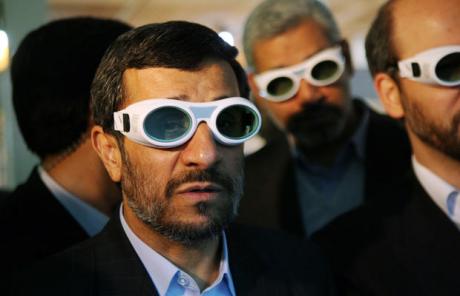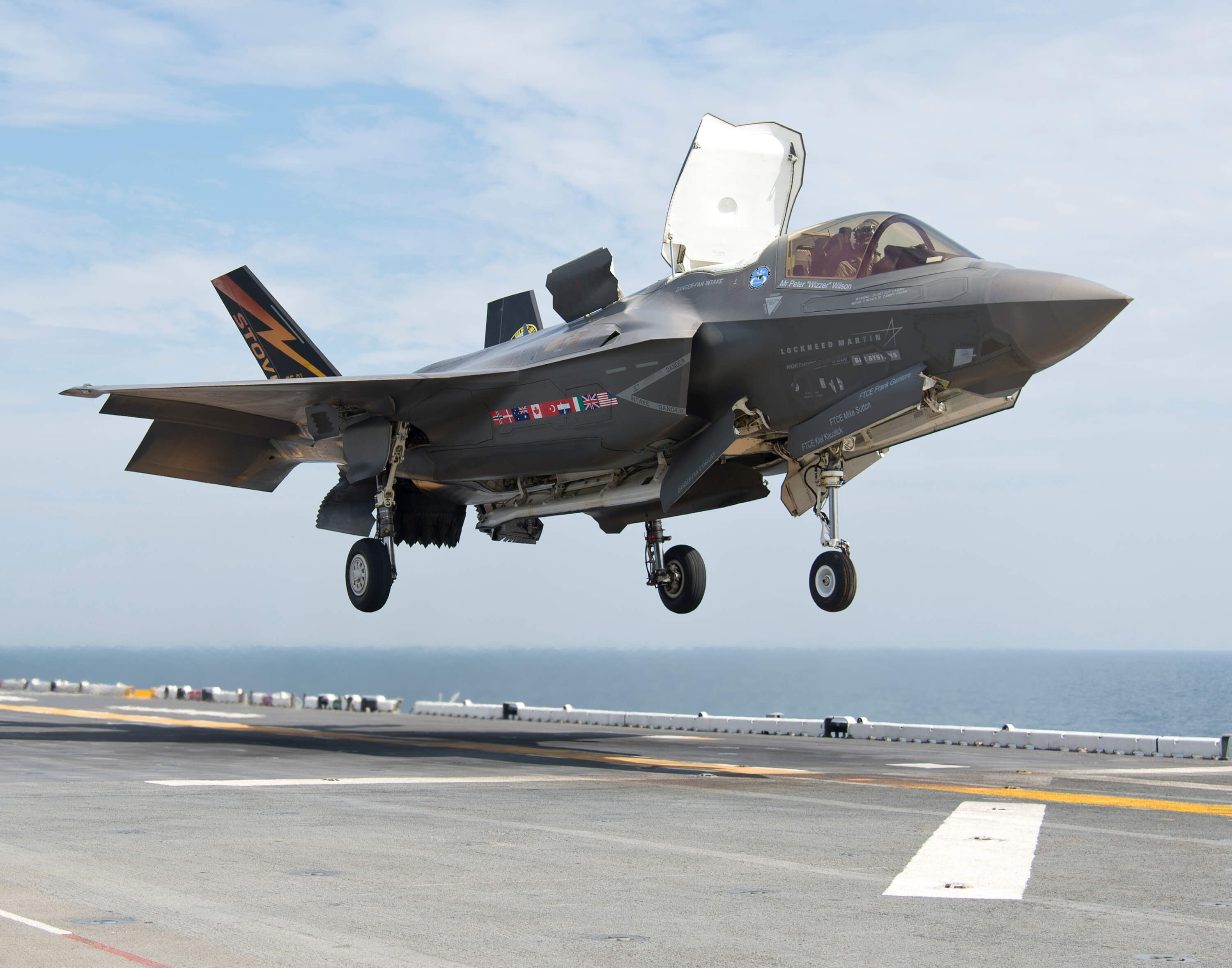The United States and Europe should strive to de-escalate the growing tensions between Iran and the West. The transatlantic partners could do this by reframing their Middle East policy, promoting a more coherent nuclear proliferation stance, and allowing Europe to act as a bridge between Iran and the US.
In light of renewed tensions between Iran and the West, the contributors of Atlantic Community’s Iran theme week agreed that Europe and the United States must address the conflict in a fundamental and comprehensive manner, as opposed to simply military means. There is still time to avoid an armed conflict. The conventional perceptions of Iranian intentions and behavior are mainly driven by fear. The resulting European and US policy choices of isolation and sanctions leave Iranian policymakers with little room to operate and increase the influence of hardliners. With little to no maneuvering room, Iranian foreign decision-makers are willing to accept more risk. The cycle of mistrust and escalation must be broken; this Atlantic Memo summarizes the recommendations for breaking that cycle.
1. Reframe Middle East regional policy.
Middle East policy must recognize the interests of every country in the region without exception. While Israel is indeed an ally, policy is tilted too heavily in its favour. Cutting off regional powers does more harm than good (Finelli). In particular, Iran seeks recognition from the international community for its scientific achievements and legitimacy for its regime. As such, any solution can only be found within a larger regional framework that represents Iran’s and its neighbors’ interests alike (Lohmann).
In fact, Iran itself is far less of a strategic threat than other dangers in the region (Broschk). As with US rapprochement toward its former Cold War rivals, political considerations should not stop the West from engaging Iran. The transatlantic partners must also work closely with Russia and China and seriously consider their policy proposals for ending the standoff (Naselli).
2. Develop a coherent nuclear non-proliferation stance.
The US and its European partners must address nuclear proliferation in a coherent manner and take concrete steps toward a more legitimate nuclear regime. In its current shape, the Nuclear Non-Proliferation Treaty makes even the legitimate use of nuclear technology suspicious (Naselli). The demand that Iran not possess the full nuclear fuel cycle undermines the West’s normative reach in light of its own nuclear weapons. Specifically, the US arsenal constitutes far more than necessary for an effective deterrent (Naselli). Therefore, the US should make a symbolic gesture of unilateral reduction down to levels measured in hundreds rather than the thousands.
In addition, any discussion of nuclear non-proliferation must encompass Israel as the country’s nuclear arsenal serves as an important motivator and excuse for Iranian ambitions (Klösters). Only a nuclear-weapons-free zone in the Middle East will prevent Iran and other Arab countries from pursuing the nuclear option.
3. Europe Must Take the Lead.
At the moment, engagement between the US and Iran is next to impossible considering both states are locked into their positions. For either side to give in is tantamount to losing (Lohmann). Against this backdrop, Europe must reactive its own Iran policy as it is least likely to lose face in the current environment (Naselli). The goal must be to deescalate the situation while building up trust for future negotiations, and at the same time not allow Iran to play different Western countries against one another (Lohmann).
European engagement, in close consultation with the US, could act as a conduit for eventual rapprochement between the US and Iran. Practically, France and Germany must lead these efforts as they are the most trusted by and experienced in dealing with Iran.




